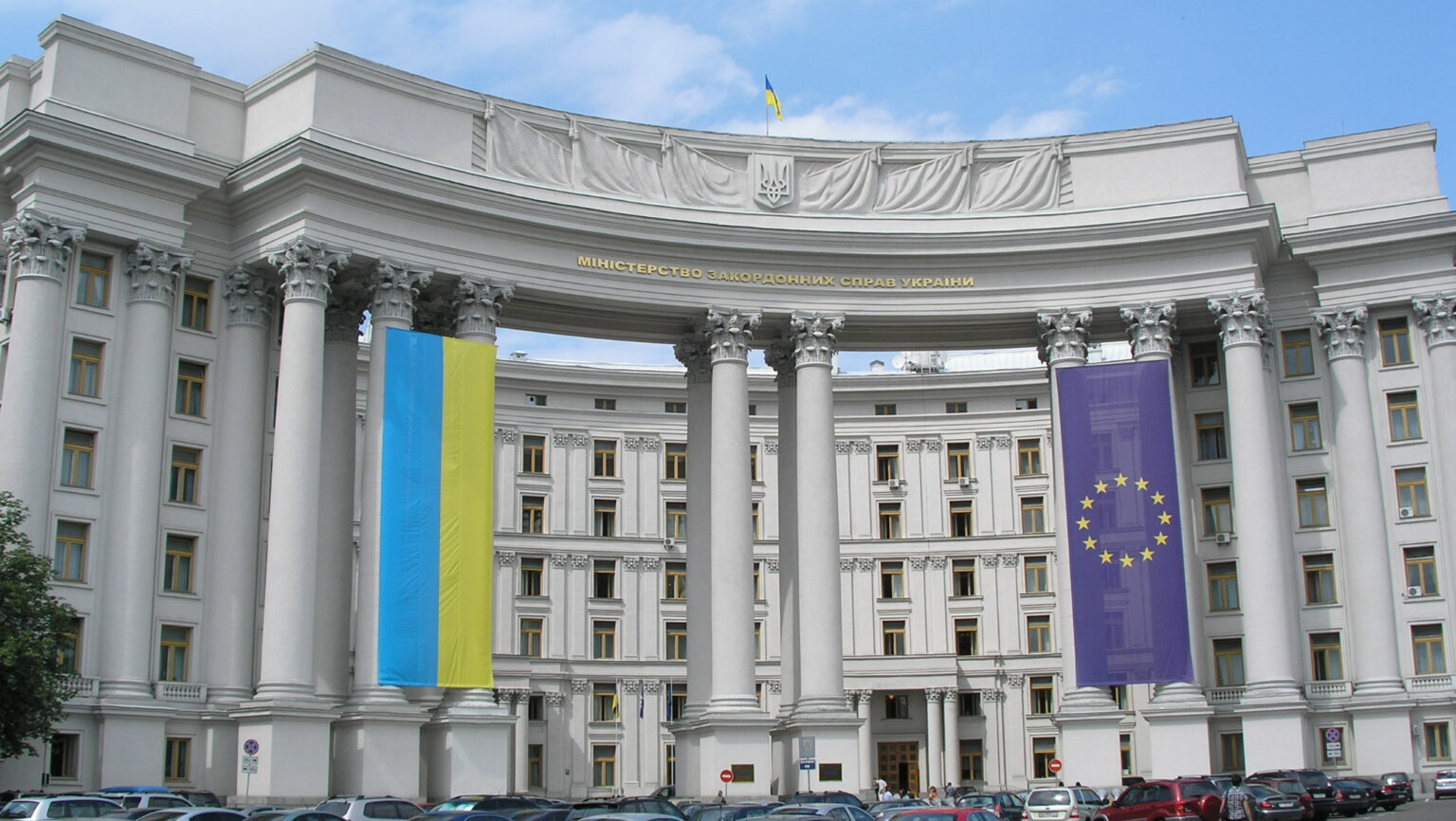
In the latest sign of deteriorating relations, Ukraine’s Ministry of Foreign Affairs has summoned Hungarian Ambassador to Kyiv Antal Hejzer in response to an advertising campaign portraying Hungarian opposition leader Péter Magyar as the ‘Hungarian Zelenskyy’. Ukraine’s EU accession is increasingly becoming a central topic in the electoral campaign for Hungary’s 2026 parliamentary election.
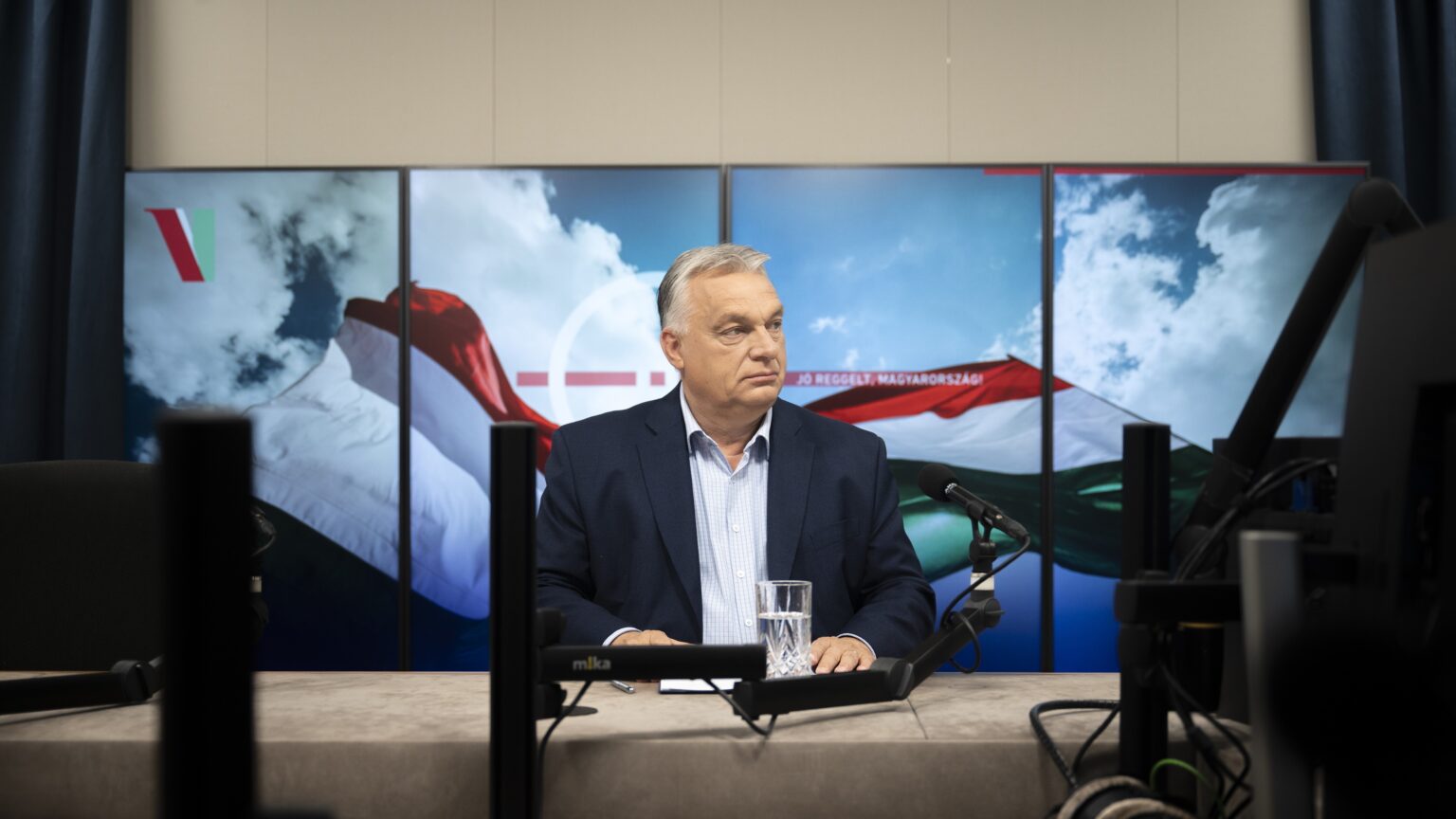
Prime Minister Viktor Orbán voiced strong opposition to Ukraine’s EU accession, warning it would cripple Hungary’s economy. In a radio interview, he criticized Brussels’ pressure and emphasized the government’s commitment to protecting Hungarian interests.
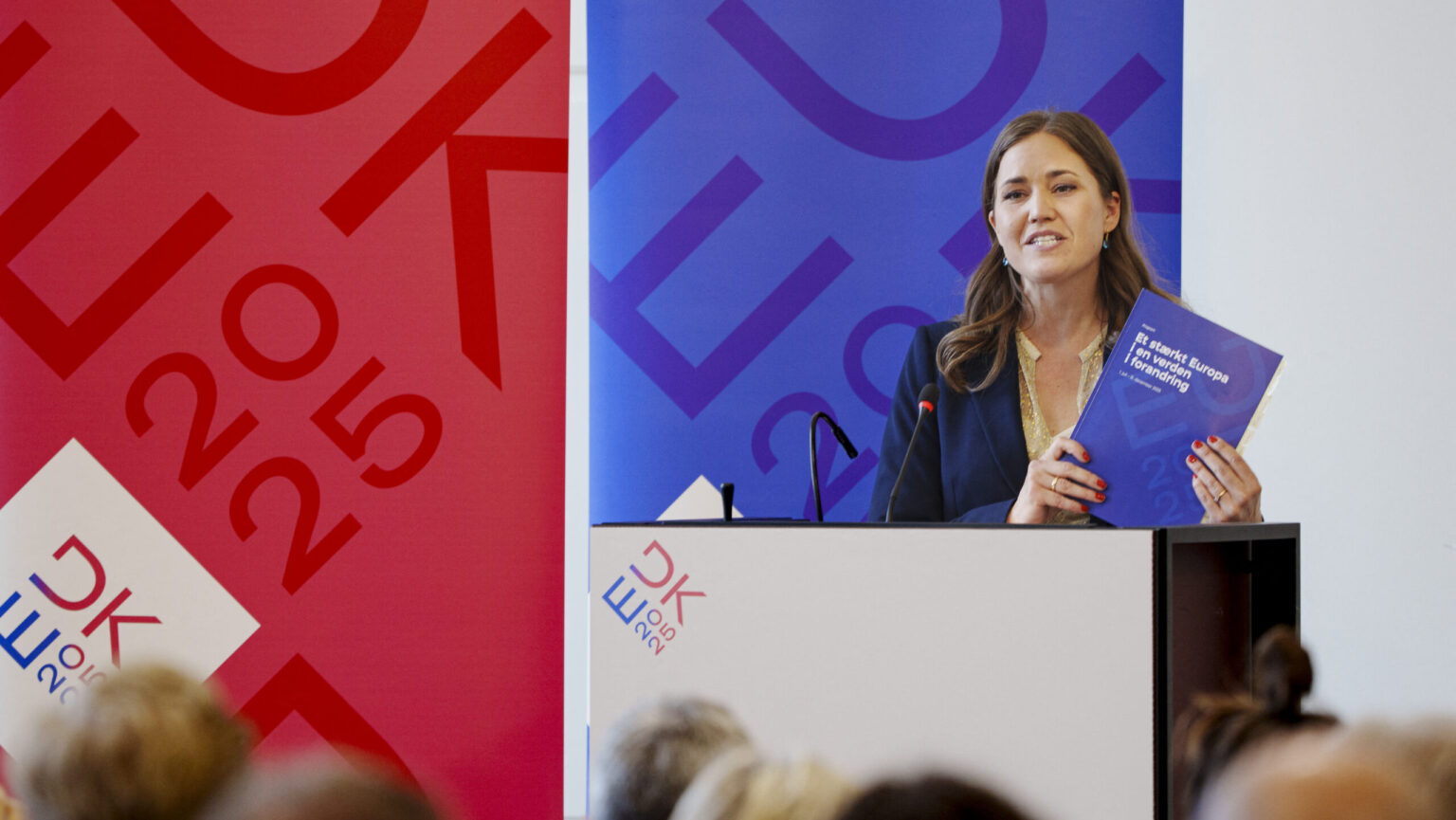
Taking over the rotating presidency of the Council of the European Union, Denmark has promised to exert maximum pressure on Hungary to lift its veto on Ukraine’s EU accession. However, looking back over recent years, there have been several similar threats against Viktor Orbán’s government, and Copenhagen does not have anything new to bring to the table either.
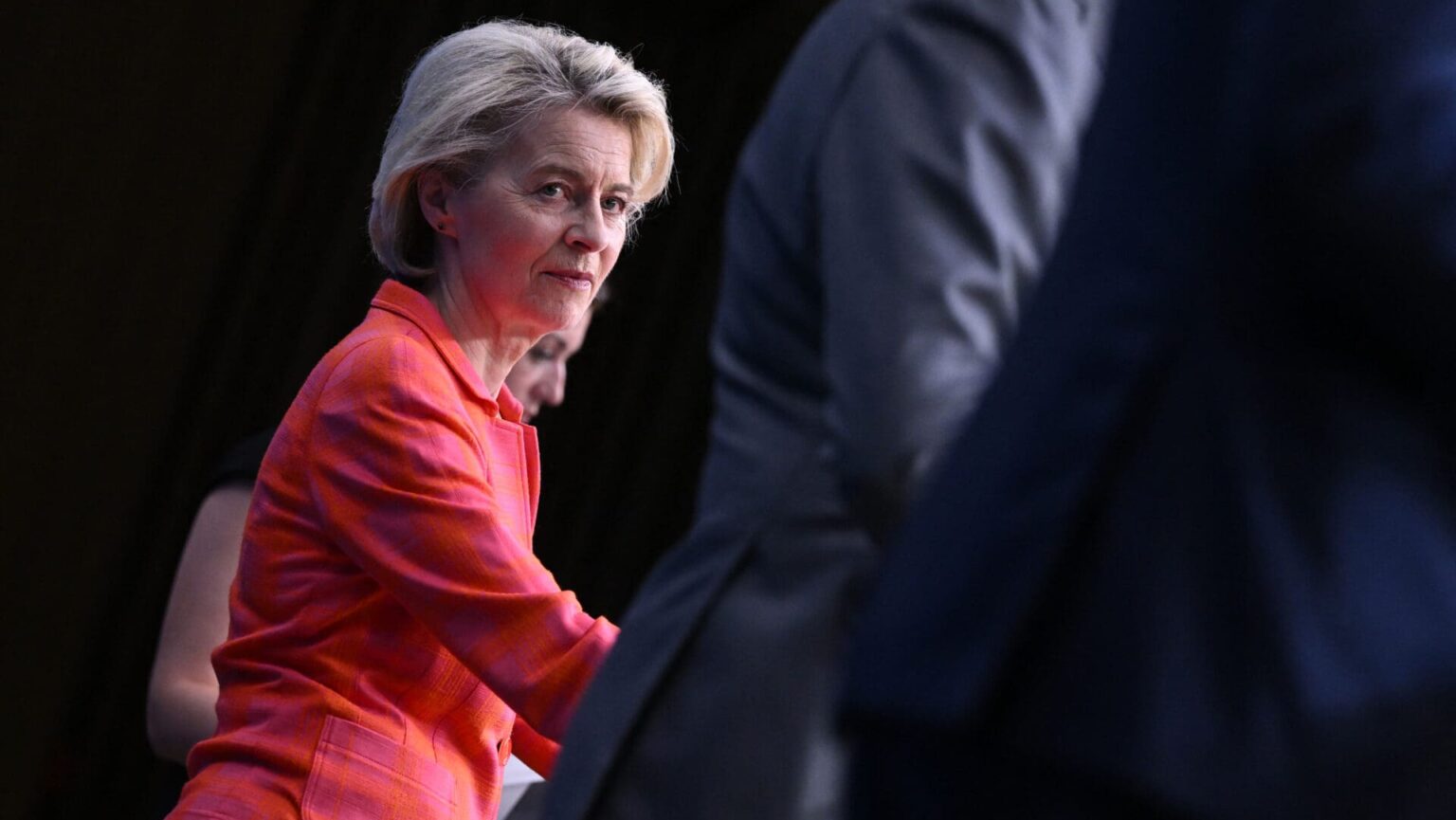
The European Parliament will debate and vote next week on a no-confidence motion against European Commission President Ursula von der Leyen, triggered by criticism over undisclosed vaccine-related messages with Pfizer’s CEO during the COVID-19 pandemic.

On 30 June 2024, Andrej Babiš, Herbert Kickl, and Viktor Orbán announced the establishment of a new political alliance called Patriots for Europe, which soon became the third-largest group in the European Parliament. In this article, we examine PfE’s first year and explore what lies ahead.
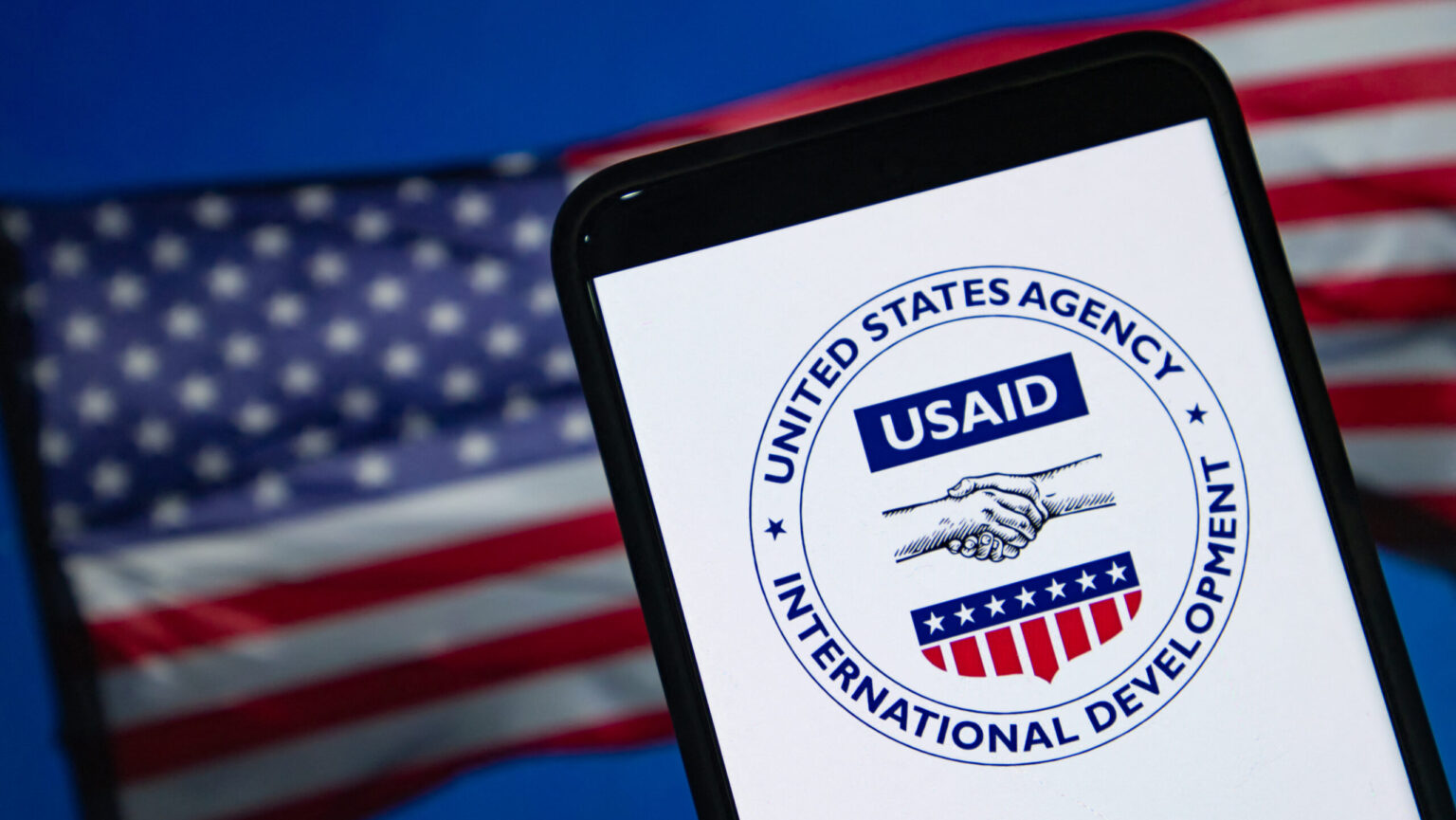
As of 1 July 2025, the US Agency for International Development (USAID) has ended all of its operations, with the remaining programmes continuing under the State Department’s oversight. Political Director to the Hungarian Prime Minister Balázs Orbán welcomed the decision, emphasizing its significance in reducing foreign interference against sovereignist governments.

Protests in Serbia have continued since November, sparked by a deadly infrastructure collapse and growing anger at President Vučić’s government. As the EU backs protesters and withholds aid, Hungary defends Vučić, denouncing the movement as a foreign-backed attempt to destabilize the region.
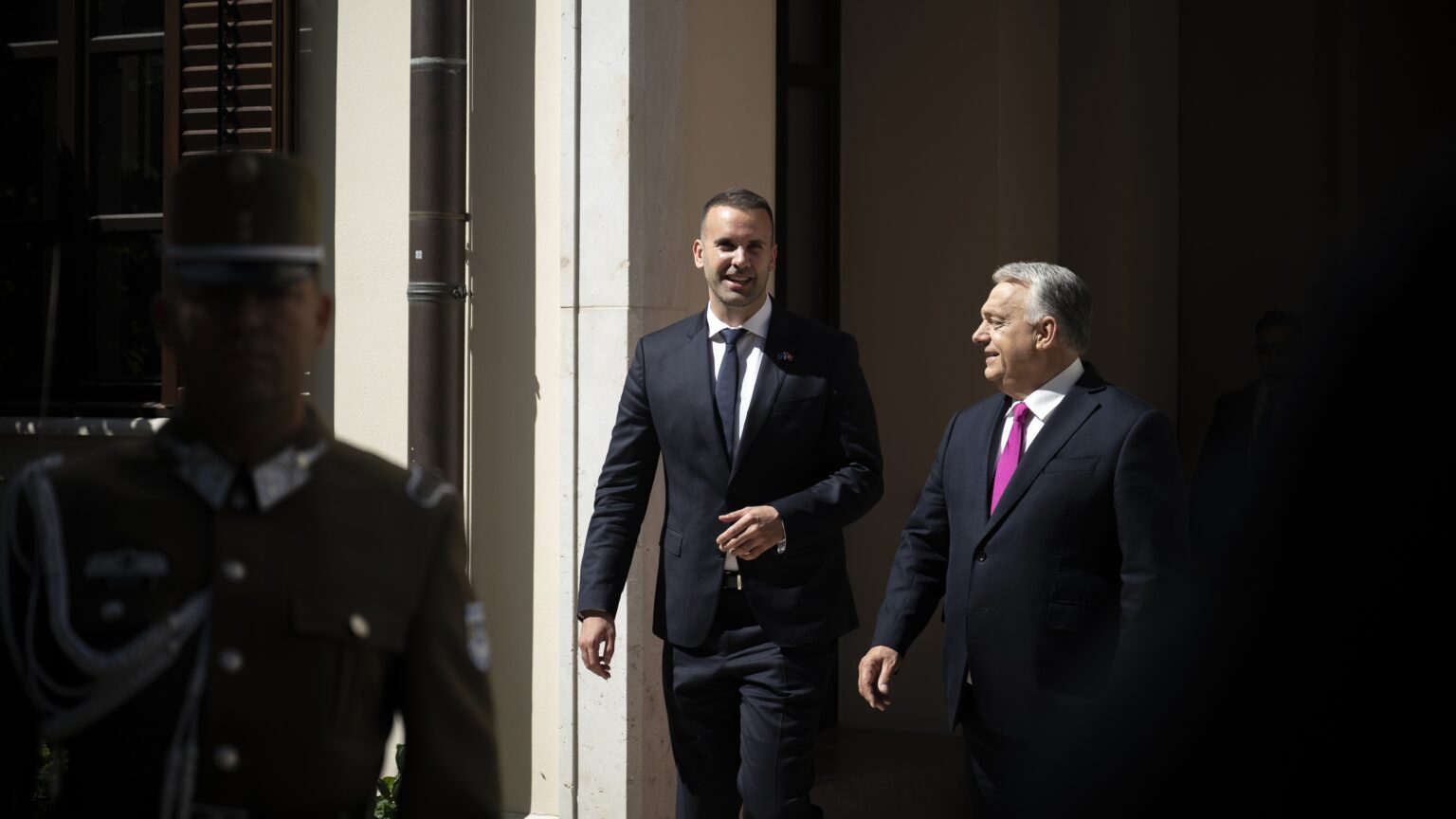
Hungarian Prime Minister Viktor Orbán called Montenegro a ‘key country’ and reaffirmed Hungary’s support for its EU membership. Meeting with Montenegrin PM Milojko Spajić in Budapest, the leaders signed cooperation agreements in infrastructure and telecoms.
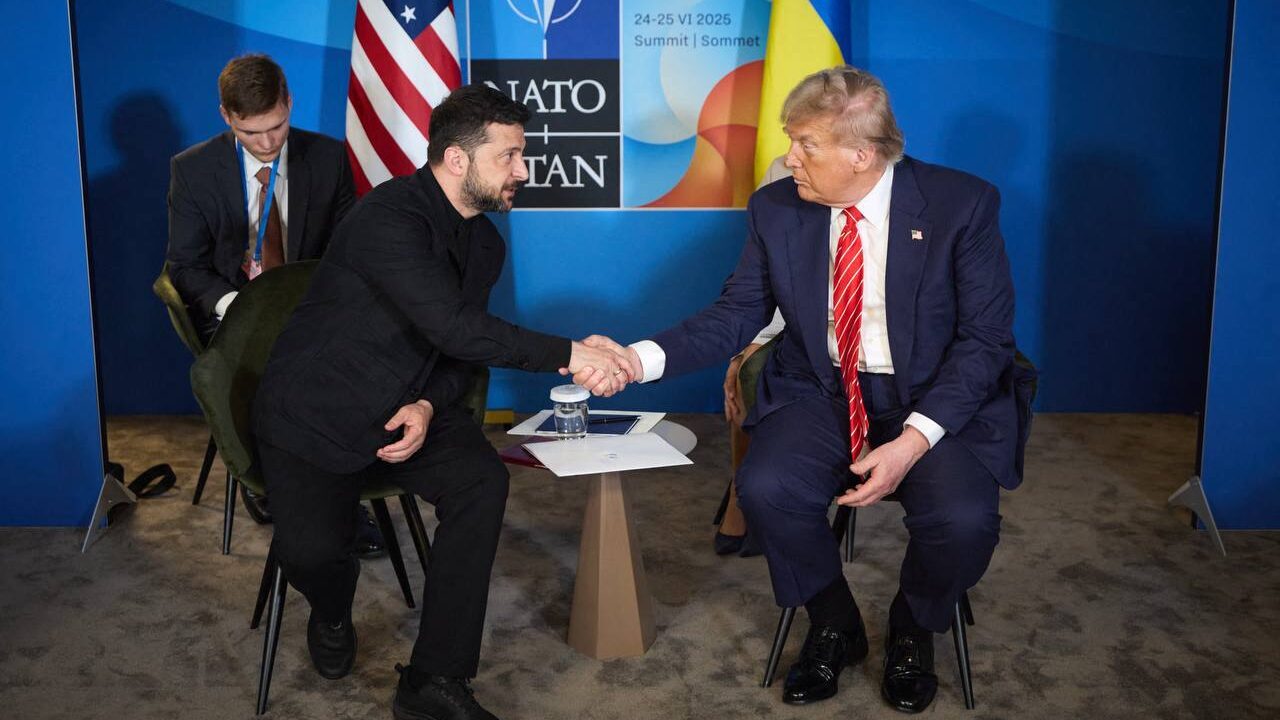
Russia’s capture of Shevchenko—site of a key lithium deposit—is alarming investors over the future of a US–Ukraine critical minerals deal. With further Russian advances, Donald Trump may face a tough choice: ramp up pressure on Moscow or risk the deal’s collapse.
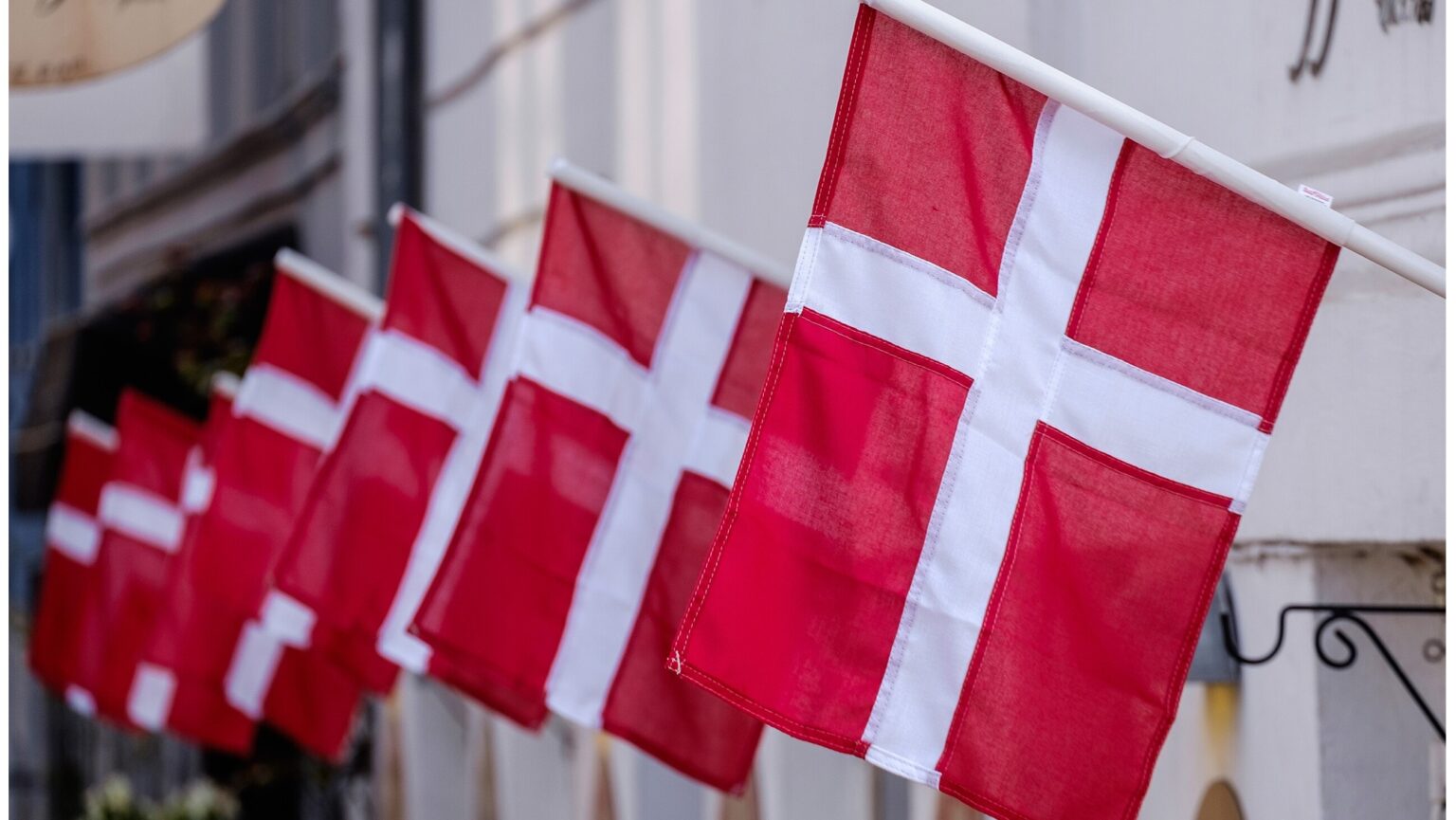
On 1 July, Denmark is assuming the rotating presidency of the Council of the EU. They will be carrying over European competitiveness as a major priority from the Hungarian presidency a year ago. However, on the issues of migration, Russian energy imports, and Ukraine’s EU accession, they are taking the exact opposite stances, as discussed on the Hungarian news channel Hír TV.
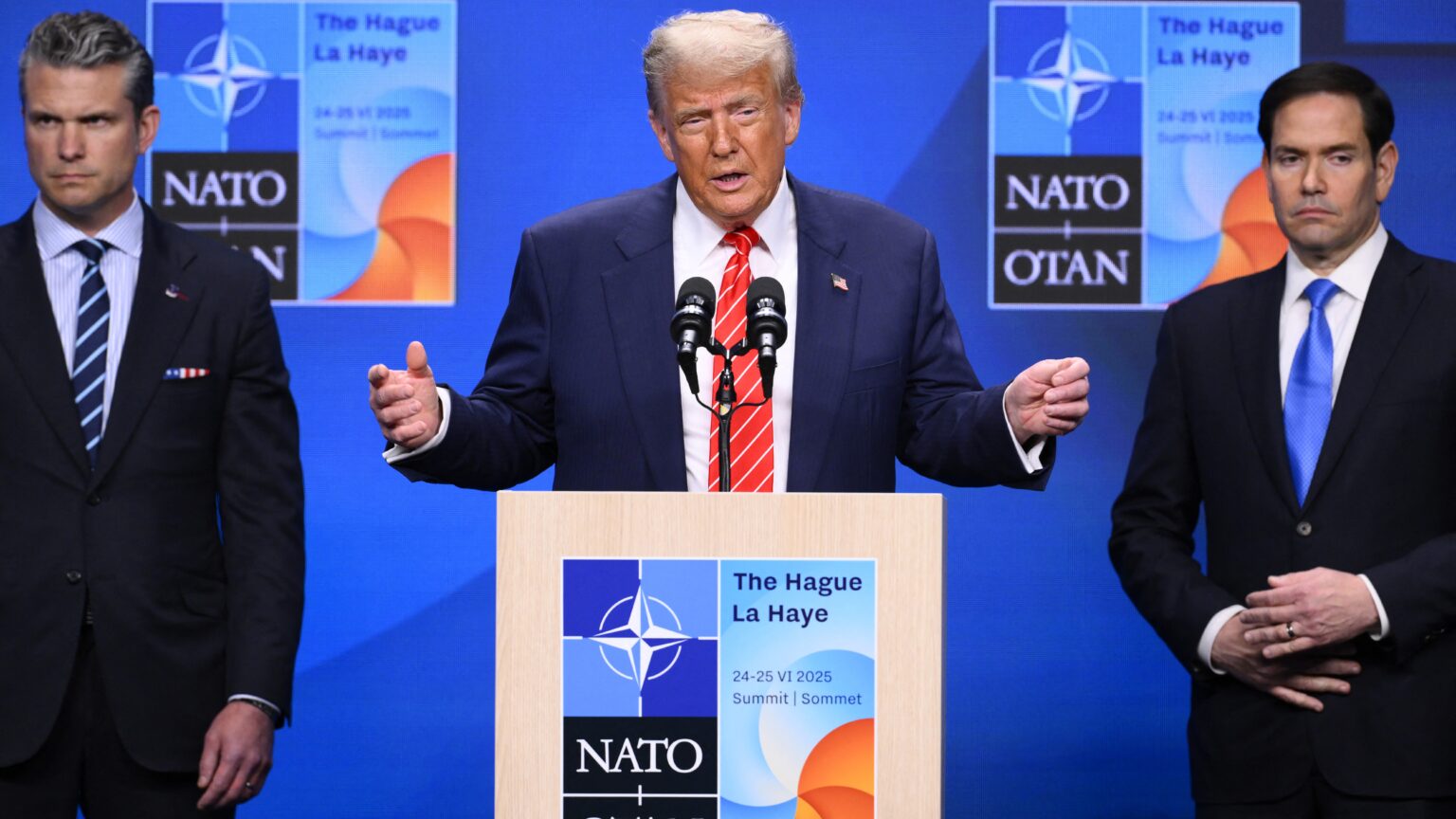
At the NATO summit in The Hague, leaders pledged record defence spending—5 per cent of GDP by 2035—marking the biggest shift since the Cold War. While Ukraine saw little progress toward membership, Donald Trump stole the spotlight with military success and strong support from allies, reshaping the summit’s focus toward core defence.
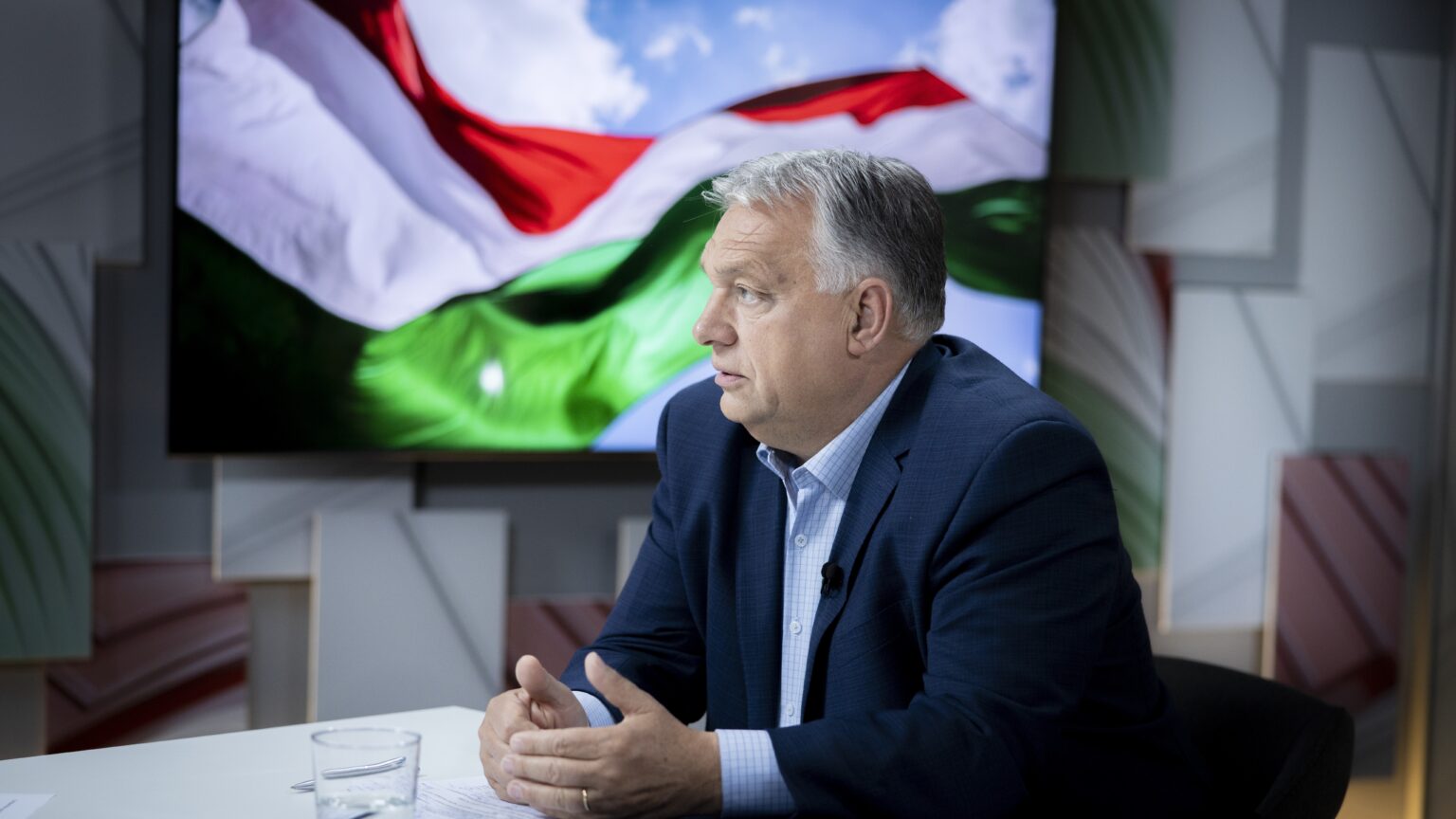
Hungarian Prime Minister Viktor Orbán declared that Hungary, backed by over two million votes in the ‘Voks 2025’ initiative, has blocked Ukraine’s EU accession. Speaking on Kossuth Radio, he also touched on migration, energy, the Pride march, and space policy.
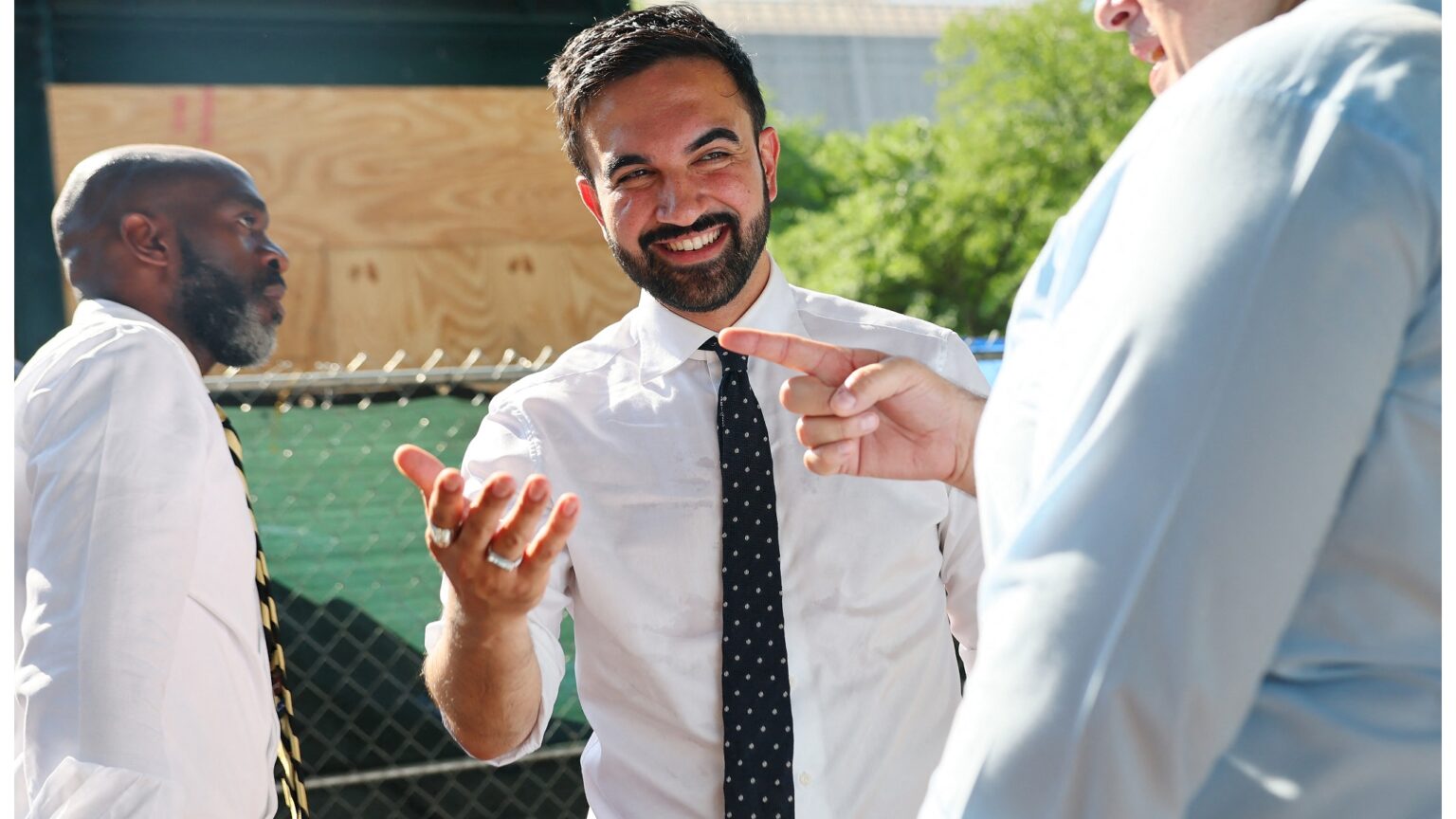
33-year-old radical socialist Zohran Mamdani won the Democratic primary for the 2025 New York City mayoral election. Previously, he has publicly supported radial ideas such as defunding the police for ‘queer liberation,’ decriminalizing prostitution, and safe injection sites for drug addicts—the American political establishment on both sides is stunned.
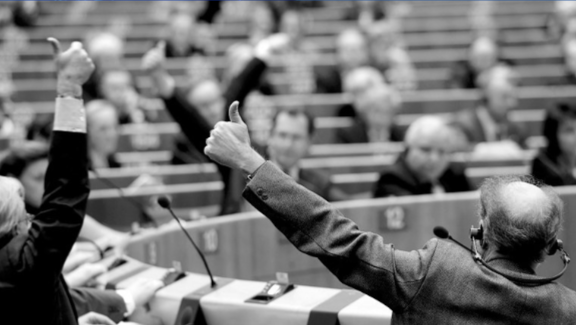
‘The big question for the future on the radical left is, therefore, whether the current split will, as the separatists intend, help the left find its place in European domestic politics. Or, on the contrary, is it just another step in the process of complete organizational fragmentation and becoming irrelevant?’

Despite Hungary’s legal ban on Pride events, Dutch MPs have backed a motion calling on Cabinet members to attend the Budapest march next month, raising concerns over political interference and disregard for national sovereignty.
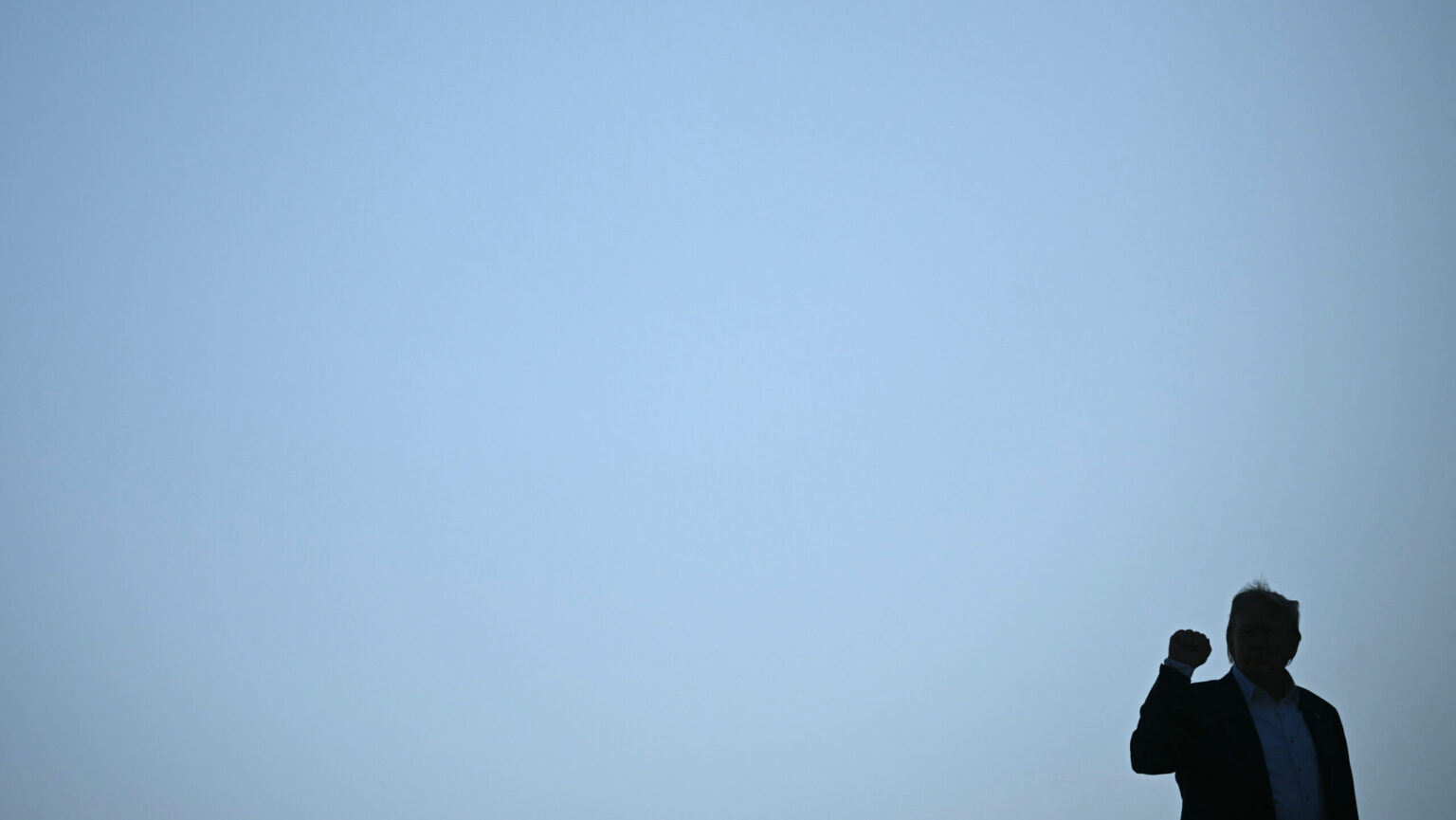
US President Donald Trump will return to the NATO table in just a few hours for the first time since 2019. The summit in The Hague is set to be far from routine for several reasons: member states are expected to approve a 5 per cent defence spending target by 2035. It will also mark the first summit since 2022 not centred on Ukraine, raising questions about Kyiv’s increasingly uncertain future.
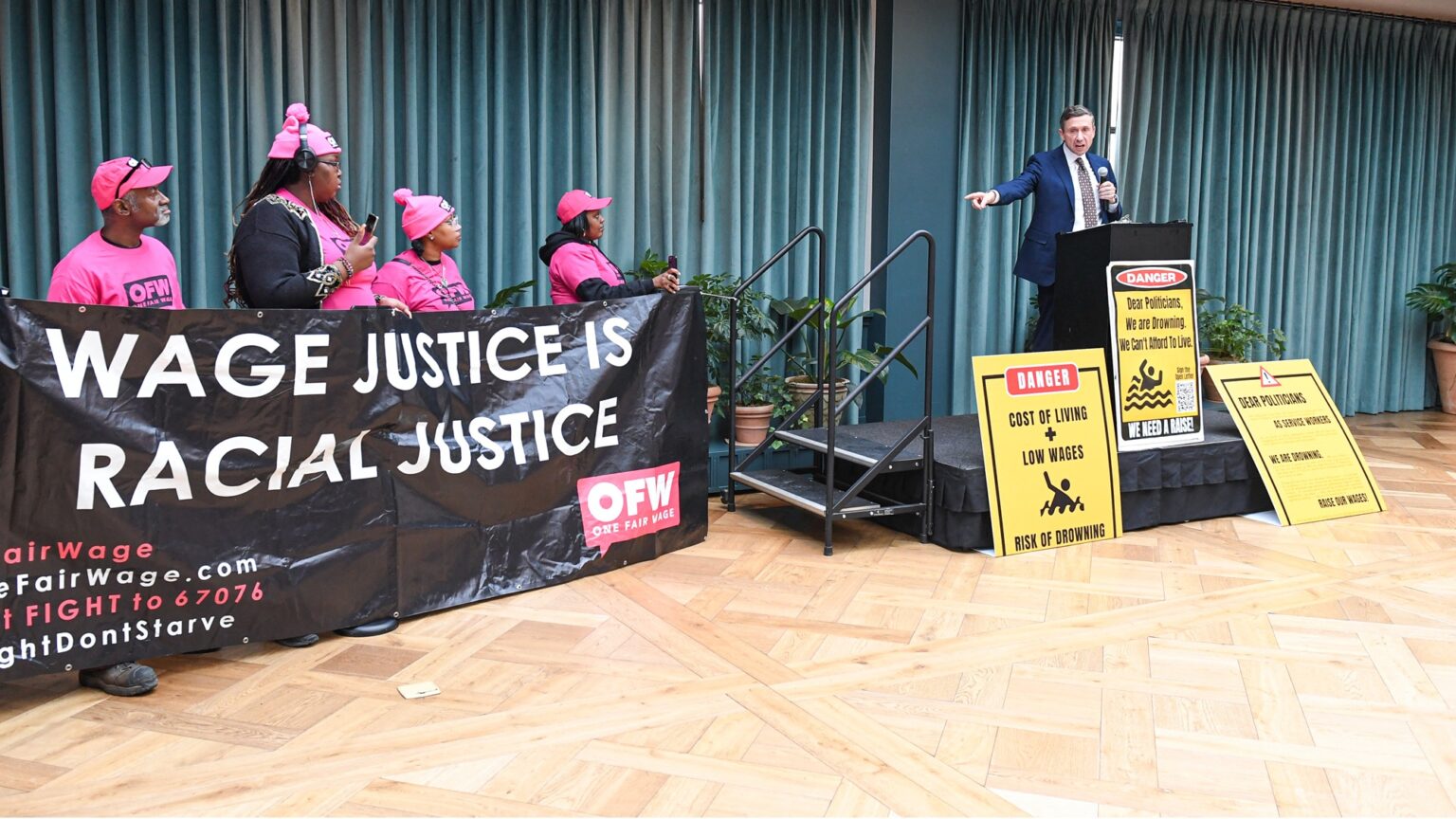
According to a recently published article by The New York Times, under the leadership of new party chairman Ken Martin of Minnesota, the Democratic Party’s operations in the United States are plagued by a lack of funding and infighting.
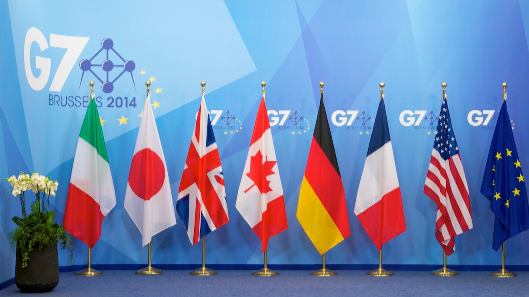
‘Overall, these meetings influence policies that can lead to more coherent and effective global economic cooperation. However, in light of the tensions listed above, it is unlikely that this was one of those meetings where significant policies were adopted.’

‘As a historian, much of Karol Nawrocki’s career—especially as President of the Institute of National Remembrance—was dedicated to studying the crimes committed against Poles during World War II. During his campaign and since, President Nawrocki emphasized multiple times that Ukraine must make concessions with regards to its memory politics.’
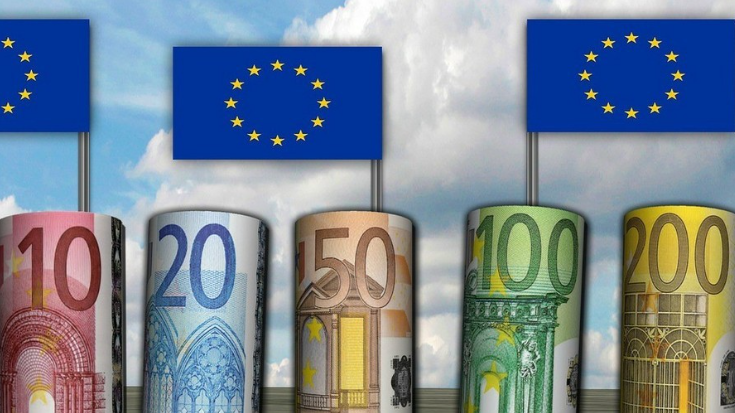
‘Although a certain acceleration in disbursements is expected in the remaining year, it still seems certain that leaving the 2026 deadline unchanged will mean the loss of billions of euros. In light of all this, there is a strong possibility that the Commission’s decision of 4 June, according to which projects must still be completed by 31 August 2026, is not the final word on the matter.’
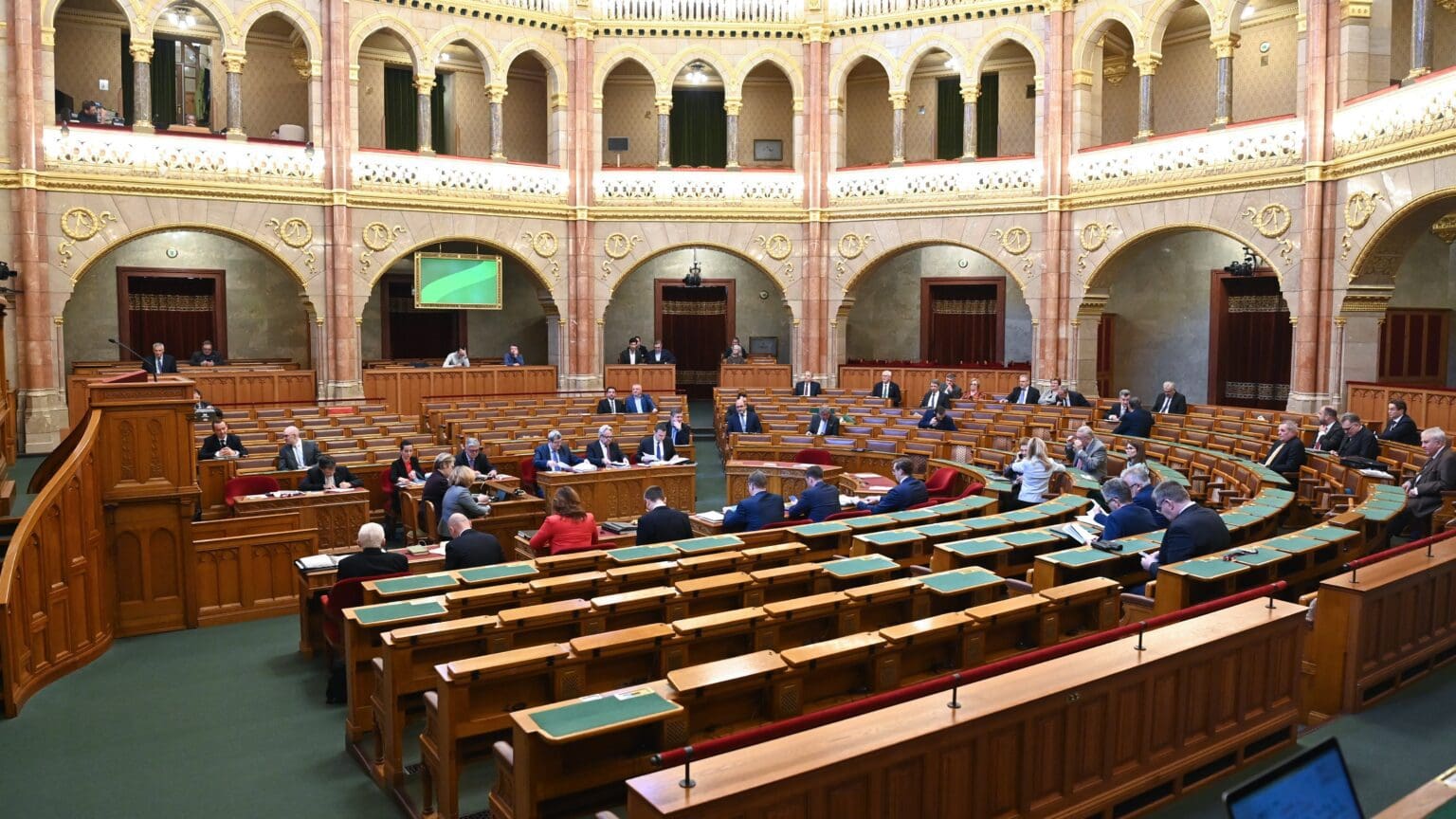
Hungary’s National Assembly passed a law allowing the suspension of citizenship for dual nationals deemed threats to public or national security. Non-EEA citizens serving foreign powers or convicted of serious crimes may be targeted. A designated minister will oversee cases.

Hungarian PM Viktor Orbán warned that admitting Ukraine into the EU would mean dragging the war into Europe. He criticized Western leaders, accused Brussels of overreach, and insisted Hungary won’t be drawn into conflict or dictated to by Kyiv.
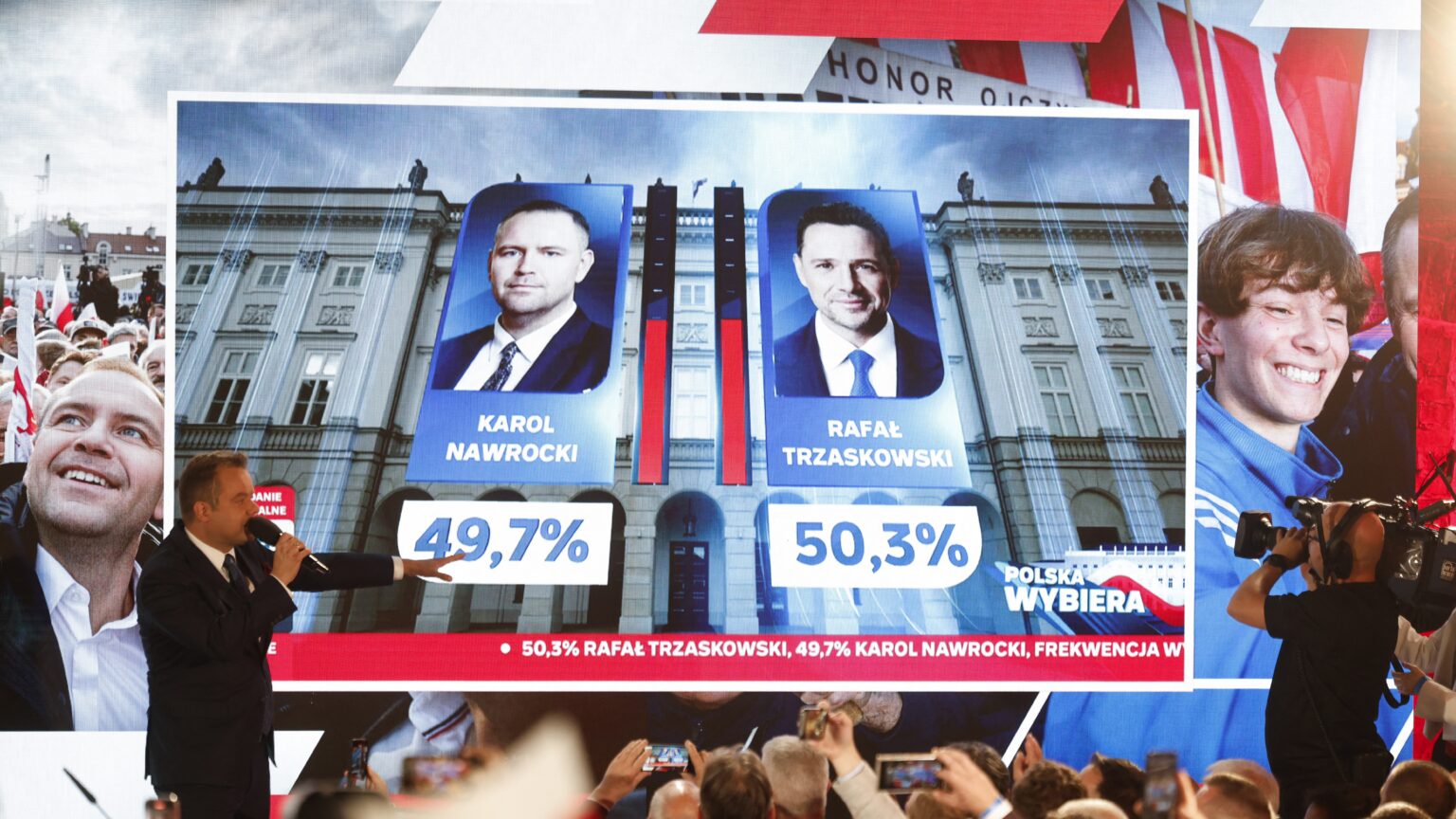
‘Trzaskowski lost because he should never have been the candidate—because his party distanced itself from its own electorate to the point of no longer being able to read their intentions, desires, and positions. Add to that the ever-growing urban–rural divide in present-day Europe, which…proved too steep even to be acknowledged by a party membership that is mostly urban and liberal-leaning.’
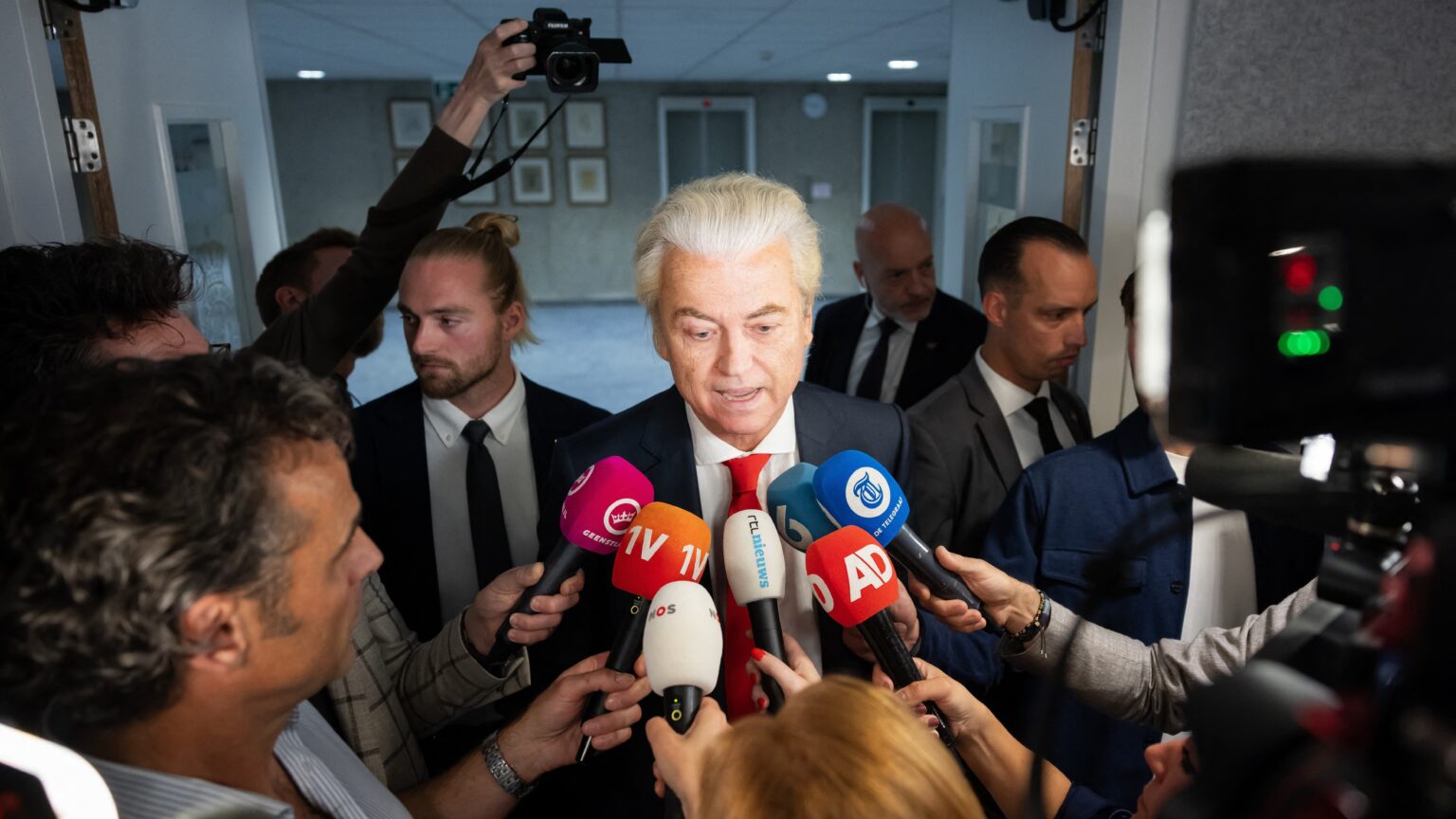
‘New elections are expected later this year, and the Dutch right faces a painful dilemma. On one hand, there is a clear need for change: uncontrolled immigration, extreme climate policies, and growing EU interference are major concerns. On the other hand, the right still lacks the organization, leadership, and infrastructure to deliver that change.’

The Gaza war and Israel’s harsh tactics have damaged the Jewish state’s international reputation. Despite Israel’s right to self-defence, antisemitism has intensified globally. Recognizing this new threat, Israel is seeking new allies—and has already found one in Hungary.
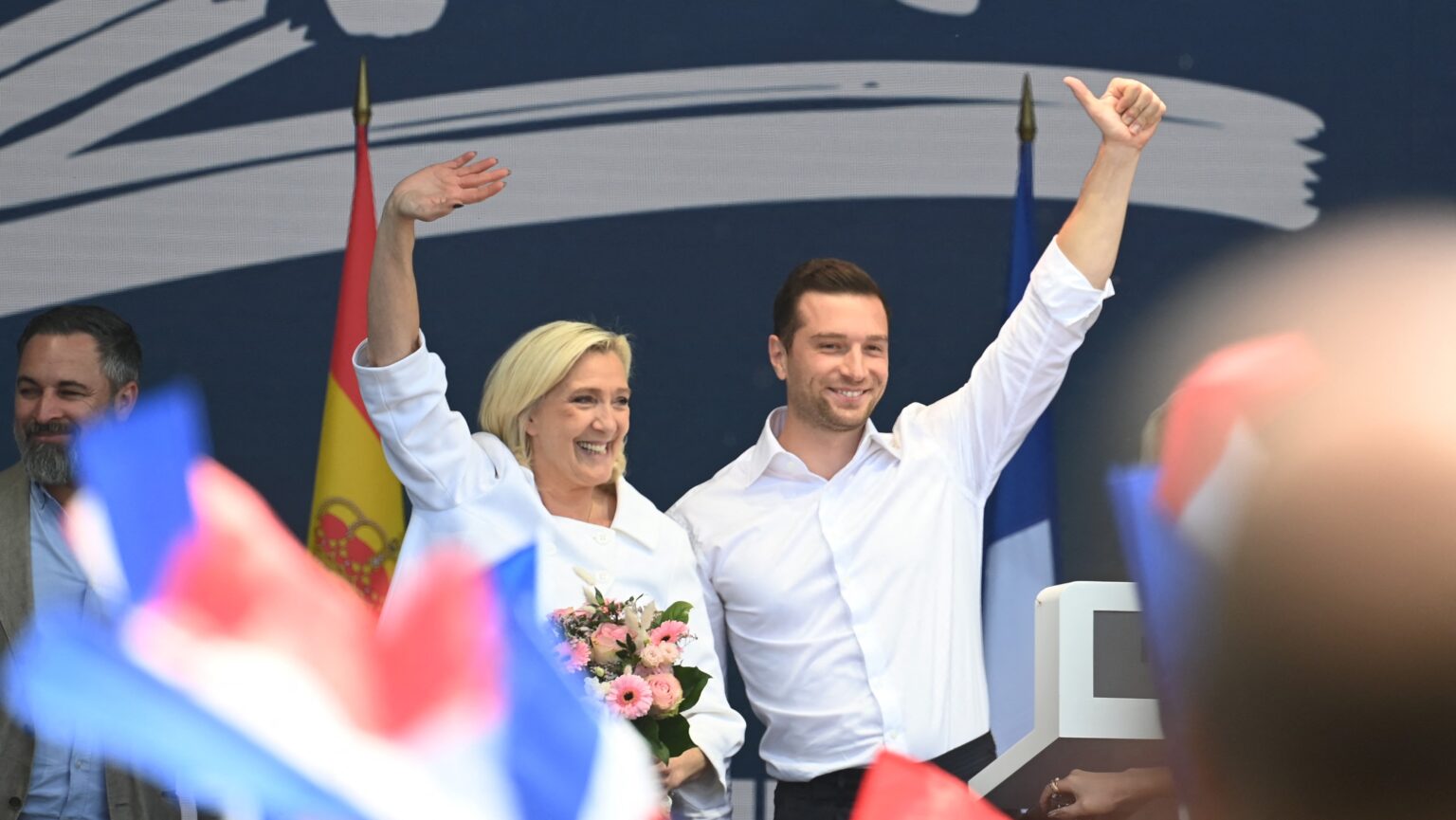
‘During the Leaders’ Summit in Fontainebleau on 8 June 2025, PfE heads issued a joint statement in which they “reaffirmed their desire to work together to make Europe a continent of power, peace and freedom once again.” Leaders expressed their concerns that the “failed policies” of Brussels harm the European economy and competitiveness, and as a result, Europe risks losing its global influence.’

Speaking at a Patriots for Europe event in France, Viktor Orbán called Hungary the EU’s ‘black sheep’ and ‘final Christian bastion’. He urged European conservatives to unite against Brussels, oppose war, and defend national sovereignty and identity.
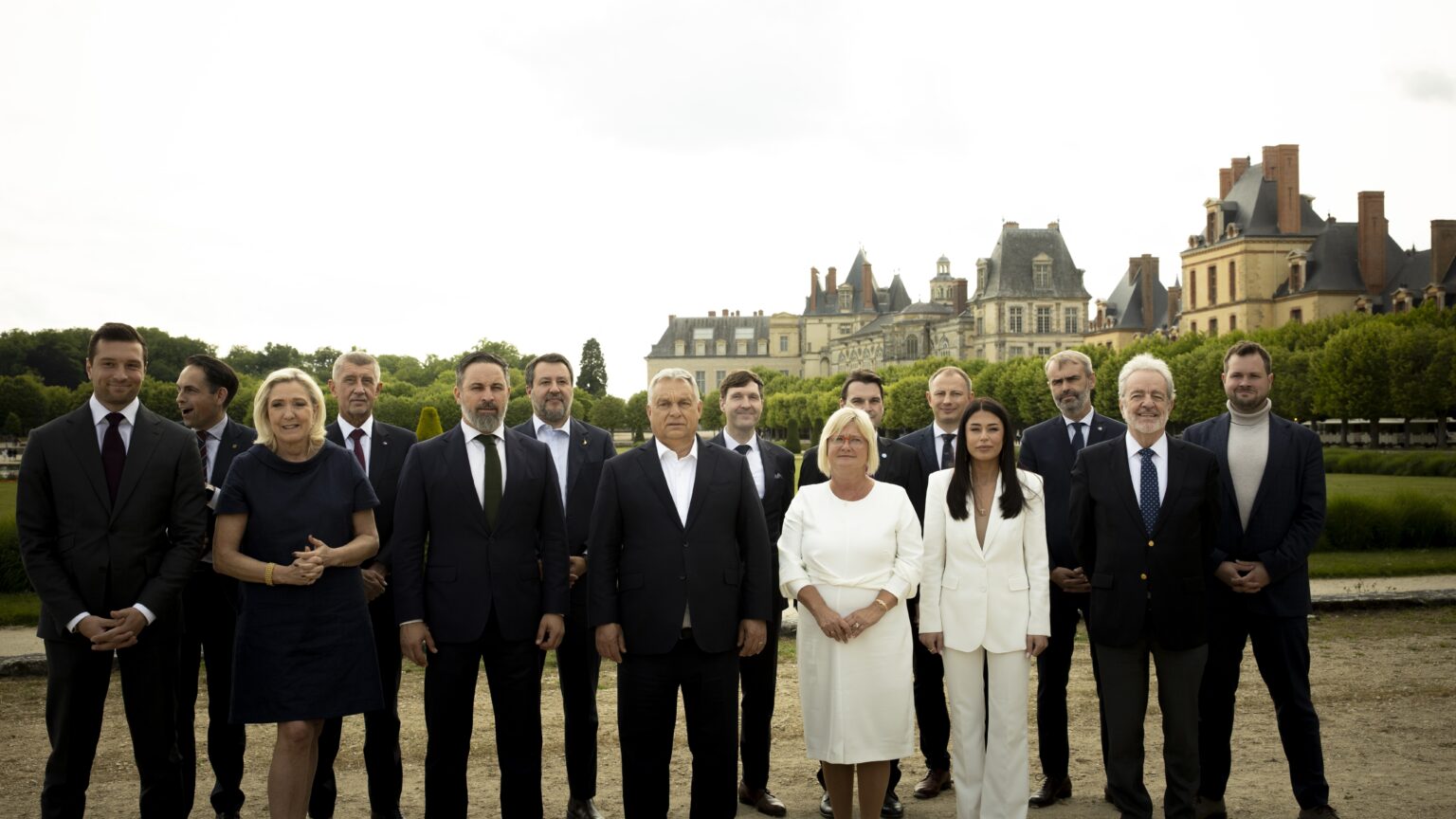
After meeting in Fontainebleau, leaders of the Patriots for Europe alliance pledged to reshape the EU into a continent of peace, power, and sovereignty, rejecting centralization, open-border migration policies, and further escalation in Ukraine.
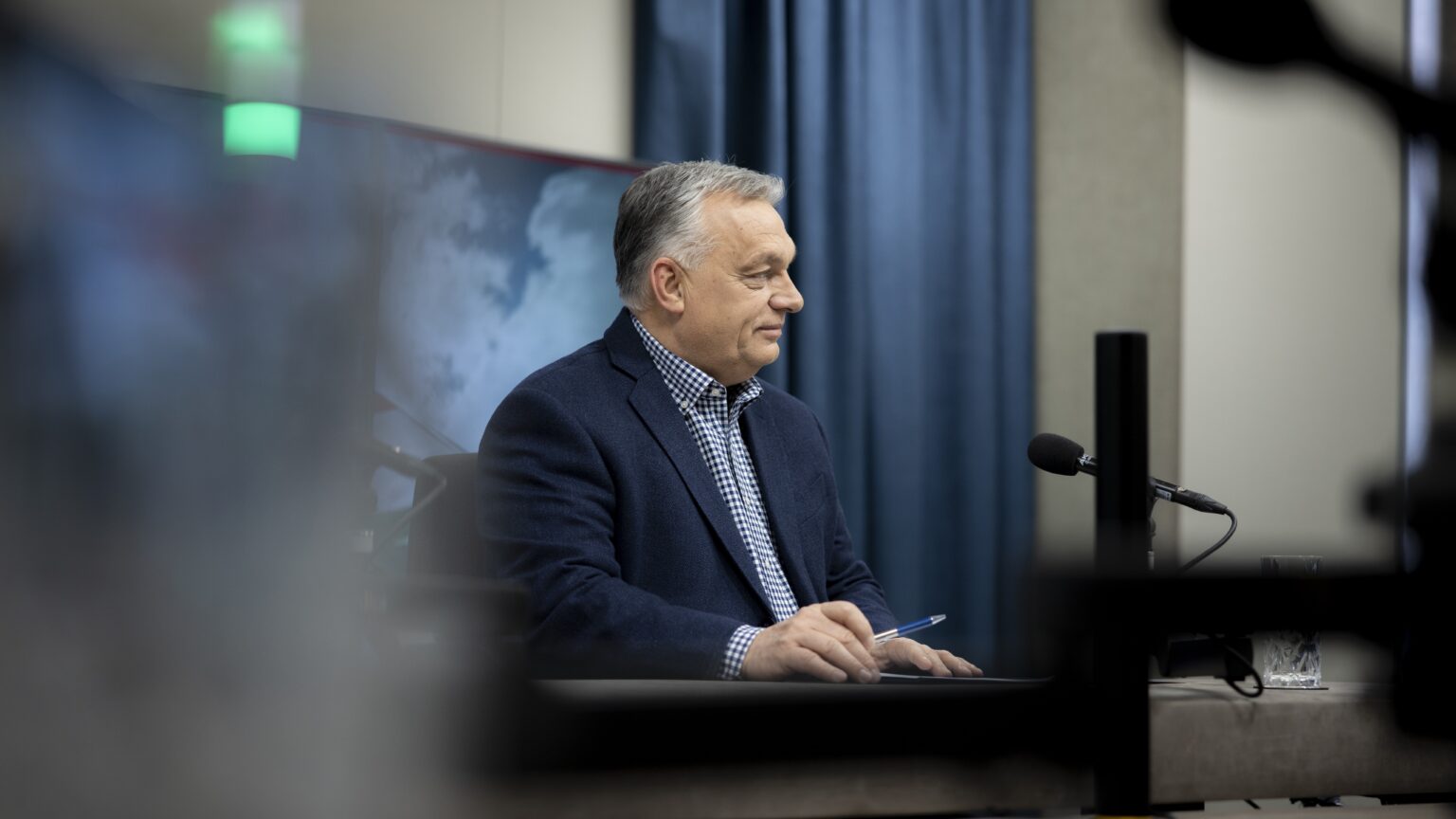
In a radio interview, PM Viktor Orbán reaffirmed Hungary’s opposition to Ukraine’s EU accession, accusing Brussels of foreign interference and warning of a push to install a pro-Ukraine government in Budapest. He also addressed national security concerns, criticized opposition parties and city leadership, and pledged stronger action against Hungary’s worsening drug crisis.
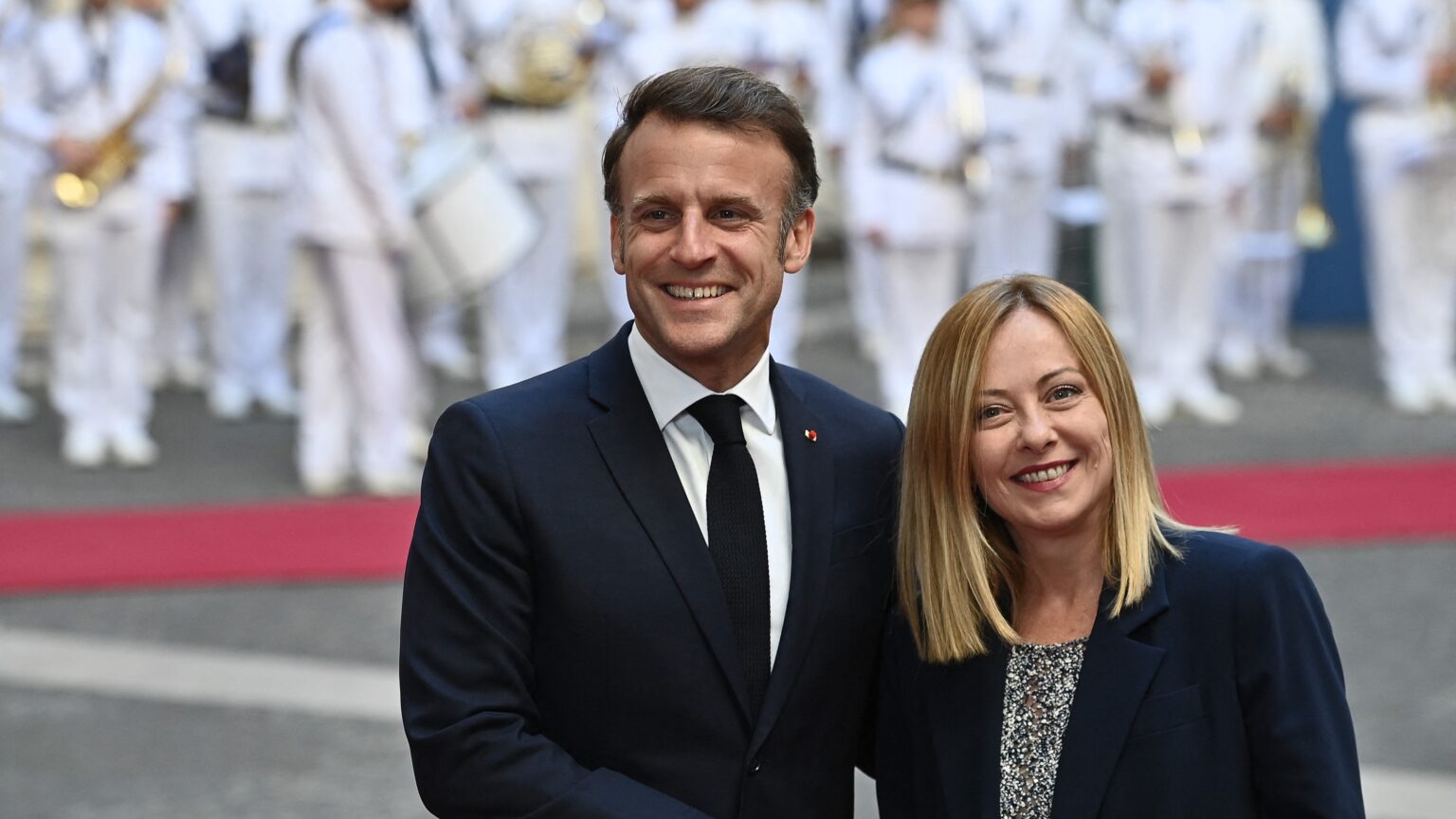
‘Indeed, right-wing identity is often rooted in instinct—attachment to family, country, and order—rather than in ideology or theory, unlike the left, which has always had its “little red books”. The real challenge for the right is to move from instinct and sentiment toward structured political thought.’

Hungarian Conservative is a quarterly magazine on contemporary political, philosophical and cultural issues from a conservative perspective.